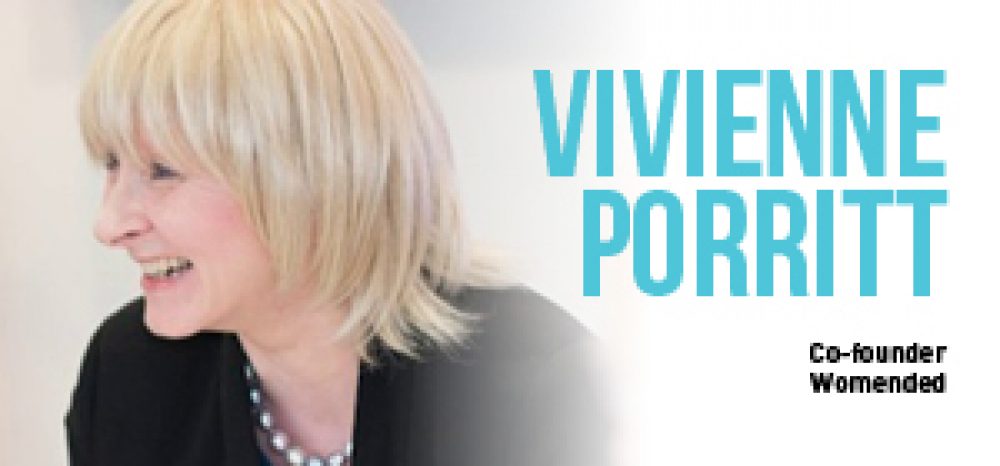A 2008 McKinsey report highlighted that the most powerful force holding women back is entrenched beliefs. To address this, at the Festival of Education four of the WomenEd national leaders focused on one of our core values – confidence.
Keziah Featherstone explored one of the privileges of headship which is to nurture leadership talent. Both children and teachers deserve the best leaders so it’s no longer good enough to wait to see who puts themselves forward for opportunities.
You’ll always get the same people and there are far fewer opportunities than is ideal. Keziah urged leaders to find those teachers in the dark – lurking in art cupboards, science rooms or sitting in primary staffrooms.
We have a responsibility to allow them to shine, to find ways to hone their leadership skills – a place at the table, a mentor to nurture.
She argued that we can’t do talent spotting the way we have always done it, otherwise the gender imbalance and underrepresentation of black, Asian, and minority ethnic colleagues in leadership will continue.
Jules Daulby considered how we can support women to be less fearful. When asked if she would consider applying for her last three jobs, for one she said, ‘that’s very kind, thank you, but I don’t think I’m ready yet’. The application form and interview were easy; it was this initial step where she needed a nudge.
This is Imposter Syndrome – thinking everyone else is more expert, and has something more worthwhile to say. So how to beat it?
When approached, don’t look behind you to see who people mean. For those women with Imposter Syndrome, don’t wait to be asked. Knock on the door and say ‘I’m thinking of applying for this post, what are your thoughts?’
Hannah Wilson encouraged women to have the confidence to be authentic and carve a female-shaped space rather than, as Germaine Greer described at the festival, wedging ourselves into ‘man-size holes’.
Use your position to challenge the systemic glass ceiling
Hannah asked women to challenge their self-imposed glass ceiling. Strategies included ensuring women have mentors and coaches and to embrace networking opportunities, drawing strength from such connections.
Hannah explained how she had learned to take criticism as a compliment that she is stimulating change, whilst helping her learn and be more resilient. Finally, Hannah advised women to make a list of their non-negotiables as a leader and use these to frame personal and professional decisions.
I closed the session with a plea to women to apply for leadership roles, as many don’t know they can.
Women should believe in our own worth by negotiating the salary and conditions in a new role or in performance-related pay discussions.
Education Datalab has previously highlighted the pay gap for full-time women in schools because we lack the confidence to ask and negotiate. With performance-related pay for all it’s expected to get worse as national pay structures break down.
Our message to existing leaders (and we welcome more men to our sessions) is to use your position to challenge the systemic glass ceiling.
Our key messages to women are to feel the fear and do it anyway and to know and celebrate your own worth. A lack of belief in yourself can lead to apologetic language. Rather than say ‘who, me?’, be proud and say ‘yes, me’.







No offence but no matter what your gender if you are good enough and have the talent, whether you are male or female, you will get the job. Articles like this only give fuel to gender inequality, the very thing this article is trying to ‘prevent’.
I believed I was ready, and was encouraged by my head and deputy, to progress to assistant / deputy headship. I have an 80% success rate in getting through to interview but have lost out at every one to a male candidate. When asked what I needed to work on I have always been given a vague ‘experience’ reason. I’ve been teaching for 18 years, part of my school’s SLT for 5 years, and regularly deputise. The only experience I seem to be lacking is being male. Sure I’m not the only one in this situation.